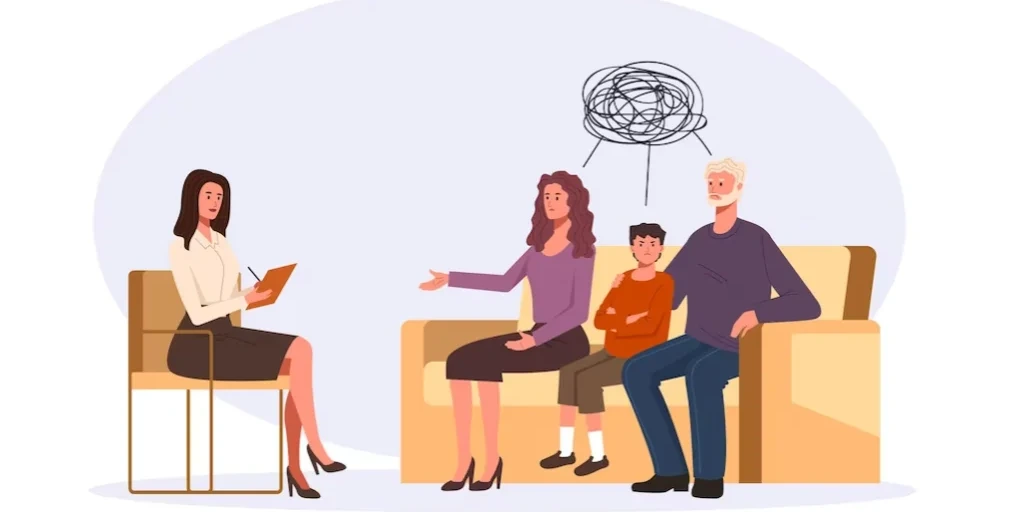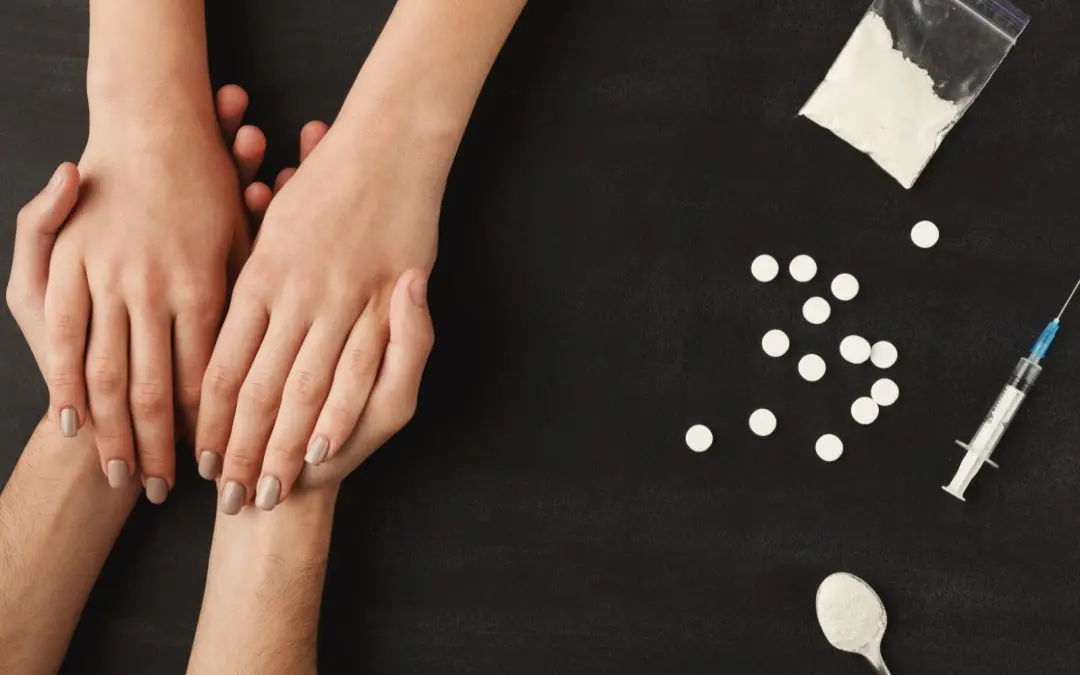24/7 Helpline:
(866) 899-221924/7 Helpline:
(866) 899-2219
Learn more about Residential Rehab centers in Dowagiac
Residential Rehab in Other Cities

Other Insurance Options

Lucent

Coventry Health Care

CareSource

Horizon Healthcare Service

Multiplan

Health Partners

Self-pay options

Carleon

Ceridian

PHCS Network

BlueCross

Cigna

WellCare Health Plans

Molina Healthcare

Health Net

Choice Care Network

AllWell

Magellan

GEHA

Access to Recovery (ATR) Voucher






Woodlands Behavioral Healthcare Network
Woodlands Behavioral Healthcare Network works with individuals, families, and the community to inspi...





















































































